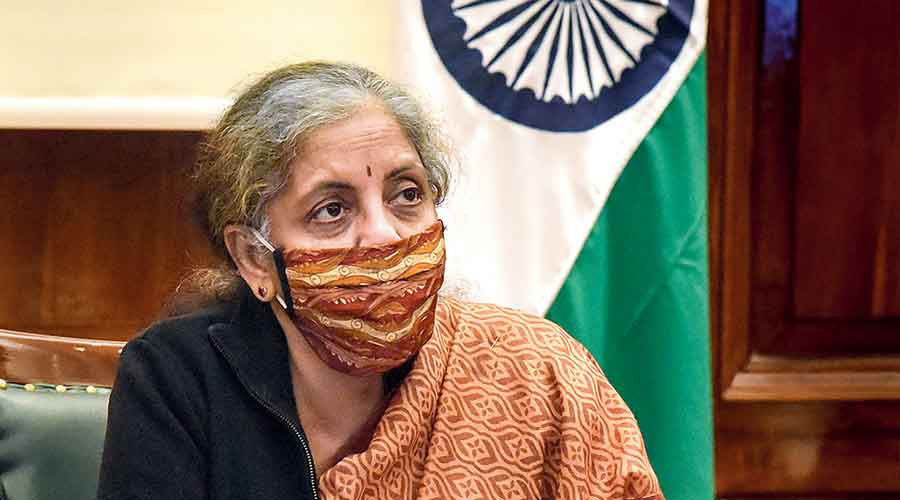The fine print of the budget shows the government resorting to retrospective provisions to overturn judicial pronouncements in the areas of slump sale, goodwill and the income adjustment of charitable trusts.
Finance Bill 2021 has widened the scope of slump sale to include all transfers thereby making them taxable even as an appeal is pending in the Supreme Court. Slump sale is defined as “the transfer of one or more undertakings as a result of sale for lump sum consideration without value being assigned to individual assets and liabilities”.
Madras High Court relying on an earlier decision of Bombay High Court had recently held the transfer of an undertaking for a non-monetary consideration is not ‘‘slump sale’’ and not chargeable to tax. If there is no monetary consideration involved in the transaction, the court said, the transaction may be regarded as an ‘‘exchange’’ and not ‘‘sale’’. Accordingly, it would be not possible for the tax department to bring such transactions under the ambit of ‘‘slump sale’’.
The Centre believes in several cases ‘‘sale’’ may be disguised as a ‘‘transfer’’ and may be covered under the existing definition of slump sale. As a result, it has widened the definition of transfers covered by the term slump sale to include all transfers from April 1, 2021.
“It is proposed to amend the scope of the definition of the term ‘slump sale’ by amending the provision of clause (42c) of section 2 of the Act so that all types of ‘transfer’ as defined in clause (47) of section 2 of the Act are included within its scope,” the memorandum explaining the finance bill said.
Goodwill
The budget has stopped companies from claiming depreciation on goodwill. Overturning the effect of a Supreme Court judgment, the government has “decided to propose goodwill of a business or profession will not be considered as depreciable asset and there would not be any depreciation on goodwill of a business or profession in any situation”.
This has big implications for mergers and acquisitions where a business is acquired for a sum greater than the value of assets of the business with the excess sum being treated as goodwill.
Deepak Joshi, taxation expert, said “there used to be a controversy regarding whether this acquired goodwill is a depreciable asset for tax purposes. This controversy was resolved in favour of taxpayers by the Supreme Court in the case of CIT vs Smifs Securities Ltd. wherein it was held that ‘Goodwill’ is an asset on which the benefit of depreciation can be claimed. “ “With a view to overrule this decision, Budget 2021 now proposes to amend section 32. Hence, goodwill shall no longer be a depreciable asset.”
“The amendment seeks to overcome judgements of multiple courts, including the Supreme Court …..impacts not just internal group restructurings but also business acquisitions,” Hitesh Gajaria, senior partner at KPMG India said.
Trusts
The bill proposes to overturn a Supreme Court verdict which had allowed income by charitable trusts to be carried forward and adjusted against income of the subsequent year.
The new explanation proviso in the budget said “clarify in both clause (23C) of section 10 and section 11 that for the computation of income required to be applied or accumulated during the previous year, no set off or deduction or allowance of any excess application, of any of the year preceding the previous year, shall be allowed”.
“Supreme Court in the case of CIT(E) vs Subros Educational Society case held that any excess expenditure incurred by the concerned charitable trust in an earlier assessment year could be allowed to be set off against income earned in subsequent years,” Mayank Mohanka, founder director TaxAaram India said.
The amendments appear to undermine former finance Arun Jaitley’s assertion in 2014 that the NDA “would not bring about any change retrospectively which creates a fresh liability”.










